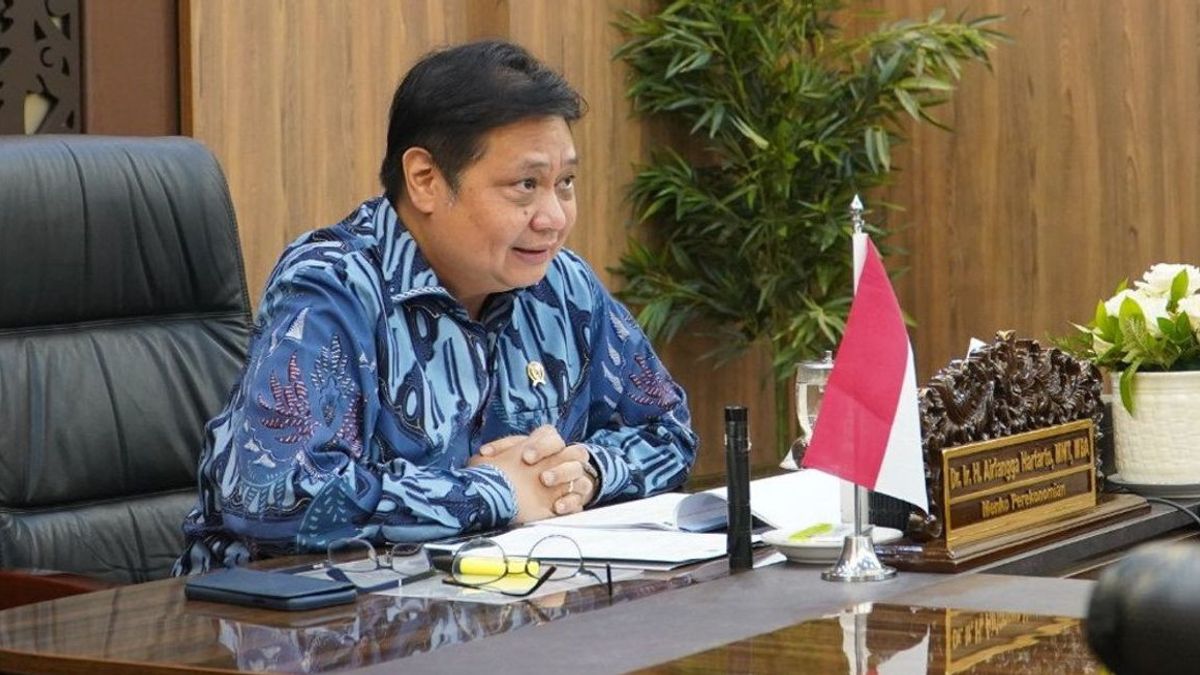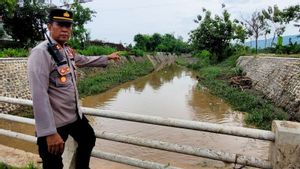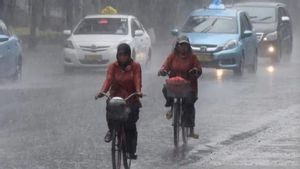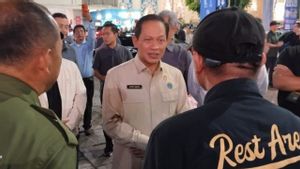JAKARTA - Coordinating Minister for Economic Affairs Airlangga Hartarto has encouraged all industrial areas and special economic zones (KEK) to gradually switch to eco-industrial parks (EIP).
"The government will formulate a policy to expand the application of the EIP concept to existing industrial estates," he said in Jakarta, Wednesday (1/6/2022).
Airlangga said that the government itself will formulate a policy to expand the application of the EIP concept to industrial areas to optimize resource utilization and reduce the use of non-renewable energy.
The policy of expanding the application of the EIP concept also aims to build a symbiotic industry by using the waste generated in the area as a raw resource.
"It also includes the arrangement of the environmental management system, as well as the rejuvenation of raw water and wastewater treatment plants," he said.
EIP is an industrial community located in an area and is committed to achieving improved environmental, economic and social performance through collaborative management of environmental issues and natural resources. EIP development in Indonesia is currently being carried out by the Ministry of Industry in collaboration with the United Nations Industrial Development Organization (UNIDO) and the Swiss State Secretariat for Economic Affairs (SECO).
EIP development aims to embed industry in society that creates shared economic opportunities, better ecosystems and innovative avenues for responsible business practices.
EIP helps promote resource efficiency and circular economy practices, helping to bridge the gap between cities and industry by making significant contributions to sustainable cities.
EIP and UNIDO with funding support from SECO are implementing the Global Eco Industrial Park Program (GEIPP) in Colombia, Egypt, Indonesia, Peru, South Africa, Ukraine and Vietnam.
Currently, there are around 135 industrial areas occupying 65 thousand hectares of land and are under the supervision of the Ministry of Industry. Meanwhile, there are three industrial areas that have been appointed as pilot projects for GEIPP implementation, namely two in West Java and one in Batam.
The English, Chinese, Japanese, Arabic, and French versions are automatically generated by the AI. So there may still be inaccuracies in translating, please always see Indonesian as our main language. (system supported by DigitalSiber.id)













